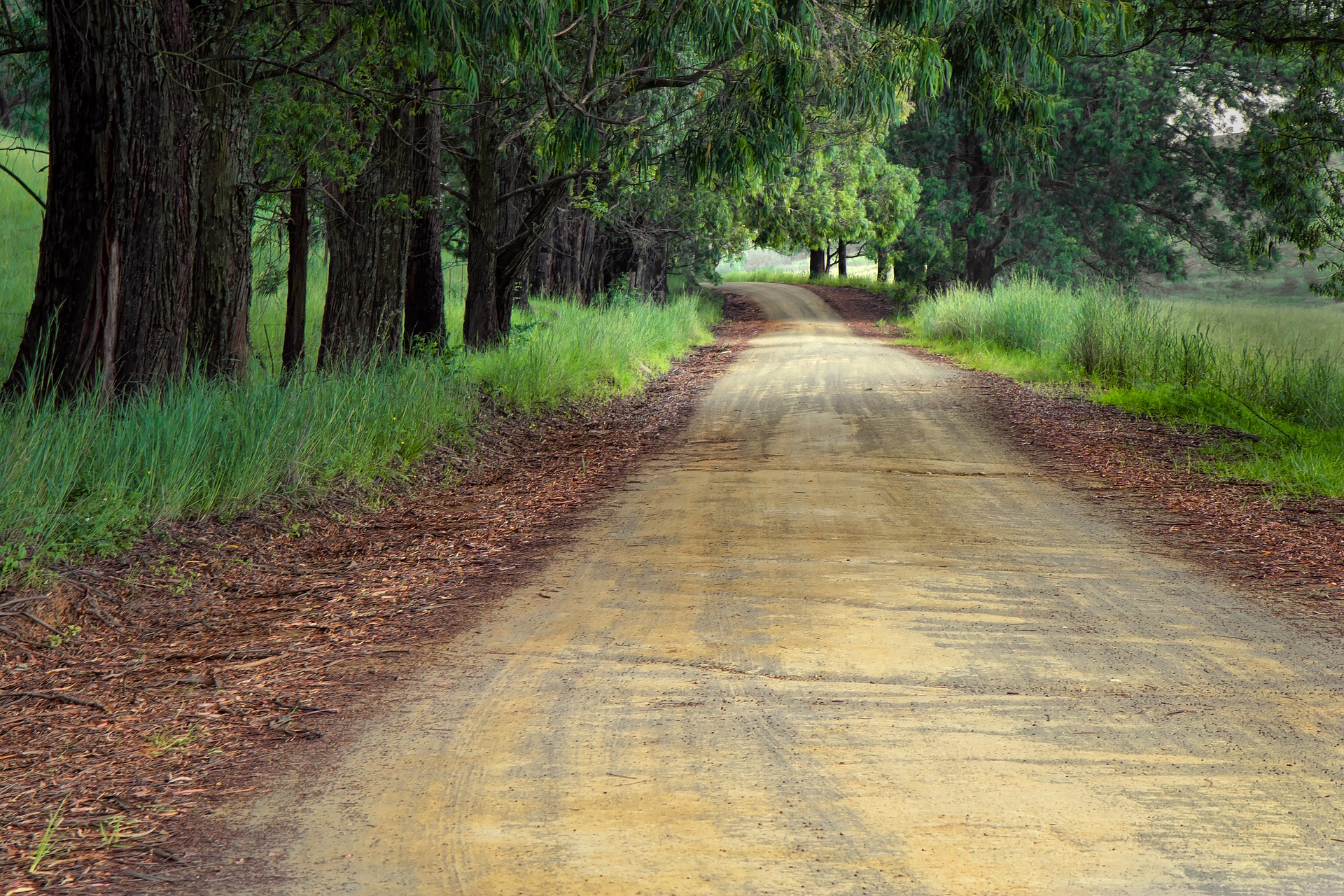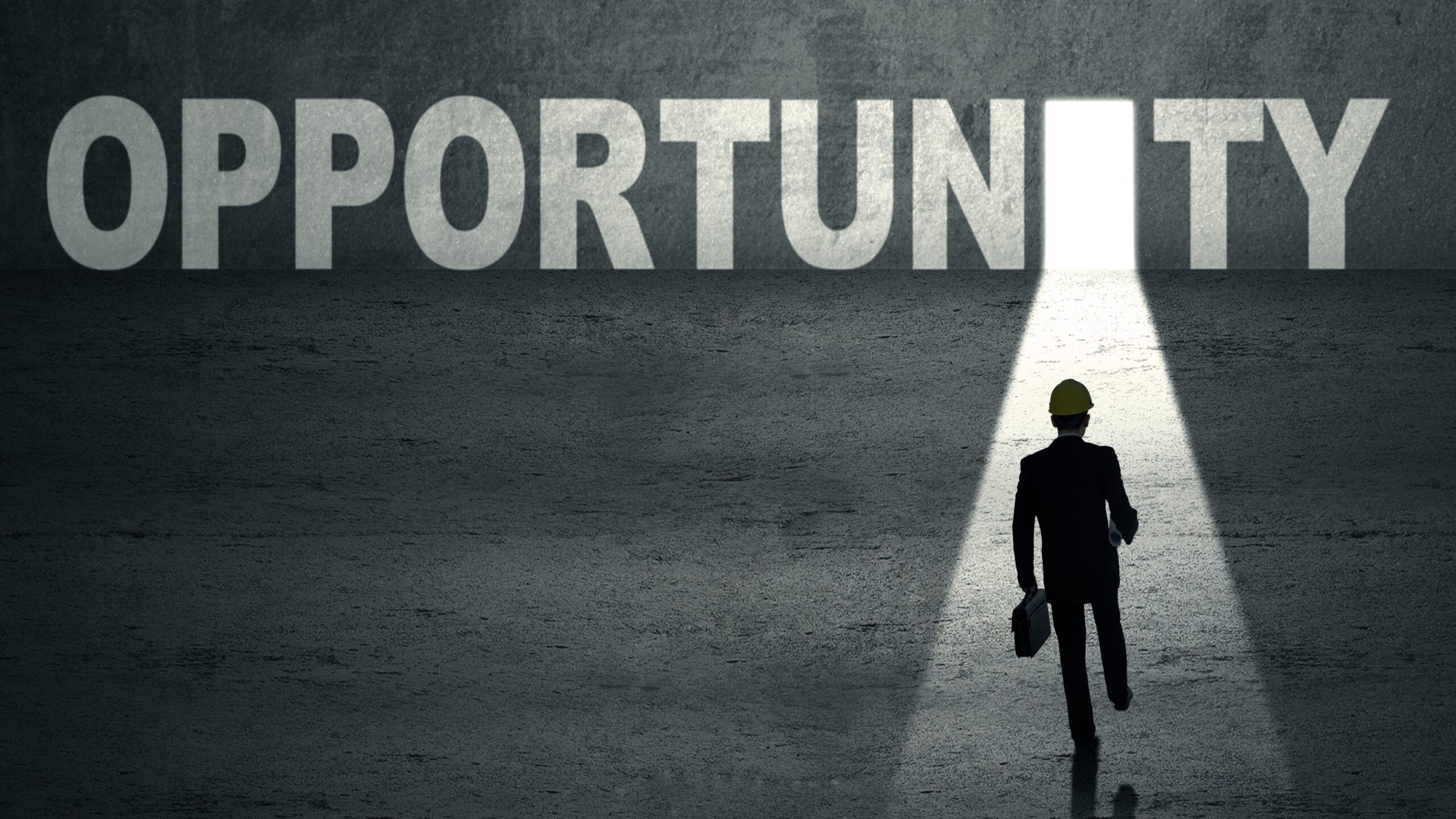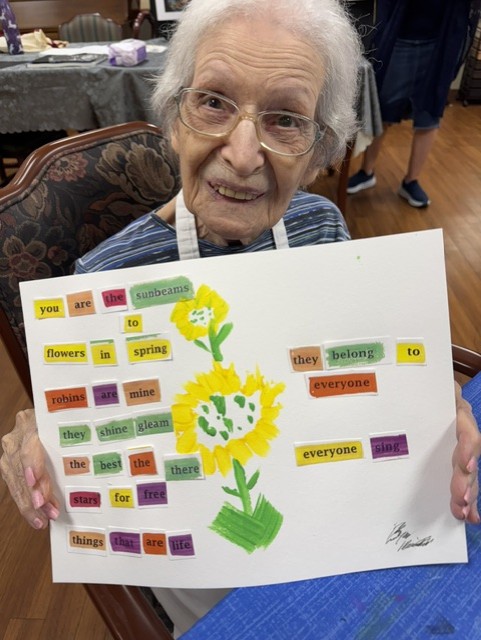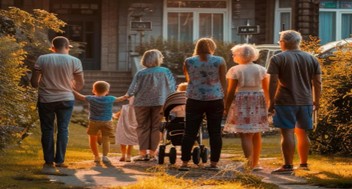Making Room
We are beginning a series about making room. When COVID-19 upended our lives almost four months ago, we all had to move things, move ideas and move or change our behaviors. We had to make room for change both individually and as communities in the wake of the pandemic. Stay home. Limit interactions. Report symptoms. Work from home. Complete schoolwork online. Connect virtually.
Some changes give us the feeling of power, such as rearranging the furniture in our home (all of our bloggers have admitted to doing this in the past three months). And when we stub our toes because of the changes we made, we are reminded that change does not happen without consequences.
Change
In other instances, changes can be enforced because it could be a matter of life or death – such as wearing face masks. And as we complain about the discomfort of wearing them, we have to remind ourselves it’s not about individual comfort, but the change serves a larger purpose.
At the core of the challenges and discomfort around change is the reality that very few of us like to make room for such things. Generally, we prefer the familiar, the known, the usual ways that have given us the sense of safety and hope — however false or inaccurate these may be. But when the familiar no longer provides safety adequately and we realize new threats and realities, processes of change must be created.
Racism
Converging with the COVID-19 pandemic, we have experienced a (re)awakening of other realities that also act like a virus — the insidious and pervasive scope of racism. This call for change has arisen from the horrific video of the deaths of George Floyd and Ahmaud Arbery and the news of the death of Breonna Taylor — George and Breonna at the hands of police.
Together, these images have been layered on top of the reporting of the inequity of the deaths that COVID has brought to the black community. Suddenly, remaining the “same” or doing things “as normal” are no longer options for many people. And the call to make room for change to end the centuries of injustice rings around the world.
Change Is Constant
We will not return to normal. COVID-19 exists, and we must continue to change in order to provide a world that is safe for all. Scientists are moving toward the goal of producing a vaccine that can be widely distributed. But, even then, we won’t just return to what was. Too many have died. Too much has been lost.
Some have observed that our recent public gatherings to protest racism have changed from events in the past. For instance, the increased number of smaller towns that have held their own protests is unprecedented. The peaceful nature of most of the events and the perceived increase number of whites who have joined the demonstrations have been noted to be different.
In an hour-long special, The Conversation, by the NBC affiliate in Columbus, Ohio, participants were asked to reflect on protests from previous eras in light of the events here in 2020. They were asked to share their thoughts about moving from this point forward.
Adam Troy, a Columbus resident noted, “For the first time in our lifetime, what you are seeing is protests happening, not only in America but it is in Asia, it is in Africa. The faces of those protesters … are not necessarily brown and black. And when you see that there is hope in that people are seeing that our lives are inextricably tied together.”
Even though our country has been on this journey of fighting racism for the past 50+ years, several of those interviewed noted that racism is visible in a different way with the death of George Floyd. We may not be where we were 50 years ago, but much more change needs to happen.
Change Requires Learning
One of the biggest COVID-related changes learned relates to leaving the house, which has been both the place of safety for most of us and recently the place of confinement in quarantine. These changes are slowly becoming more familiar. Do I have a mask? Small hand sanitizer? Do I need to make an appointment to be able to get in at a specific time to do my shopping?
It will take a while for these changes to become second nature. As scientists continue to learn more about the virus and its mutations, our behaviors will need to follow suit. We will need to learn how our behaviors can keep our communities safe.
Likewise, regardless of any previous diversity course you have taken, book you have read or how many friends you have had, the change we must embody in terms of race requires that we continue to learn.
For whites, we need to converse with each other — to hold each other accountable for the biases we have internalized. We need to learn to listen and believe the experiences of others. We need to accept suggestions about how those different from us might perceive our words and behaviors. We must be humble and admit our perspective is not the only perspective. And we need to make room for the ways we can participate in changing the systems that prevent people of color from the same sources of privilege and power that whites have held for centuries.
Gracious Space is a philosophy about leadership that comes from the Center for Ethical Leadership. One of their leadership components is that good leaders need to be able to learn in public. We need to “open our heart and mind to the thinking of others.” Good leaders need to be able to try something and fail. It is about listening deeply. It requires humility and letting go of doing things the “right” way. And perhaps most importantly it requires making room to change one’s mind.
Change Comes with Practice
With each passing week, my new COVID-inspired behaviors become more natural. The mask doesn’t feel so cumbersome. I have found new soap that doesn’t leave my hands raw from more frequent washing. And my ability to limit my trips to the grocery and other stores is replacing my previous mindset that if I forgot something, I could go back tomorrow.
So too, my comfort increases with practice as I find ways to give voice about the language or perspective used in reference to persons of color. My awareness of how the biases I carry within me grows. My ability to try new language increases.
Change Is Both Personal and Communal
We invite personal behaviors considering both of these pandemics. Behaviors that provide safety to us and those we love. But we must think beyond our individual selves and consider the common good. When we do, the changes we make will have a compounding effect on the larger community.
As Adam Troy said — we are inextricably tied together. My actions have ripple effects in the communities in which I participate. And the actions taken by those communities affect, not only me but every other member.
May we make room for the changes that we need to honor these connections where everyone is safe. Where everyone is valued. Where everyone contributes to building a stronger community.
In the coming weeks, we will consider a wide variety of opportunities and challenges that these viruses offer us as we make room for things like lament and celebration, love and grief and community and the sacred and singing. We invite you to make room with us.
6/18/20 21:55
View all articles by:






















